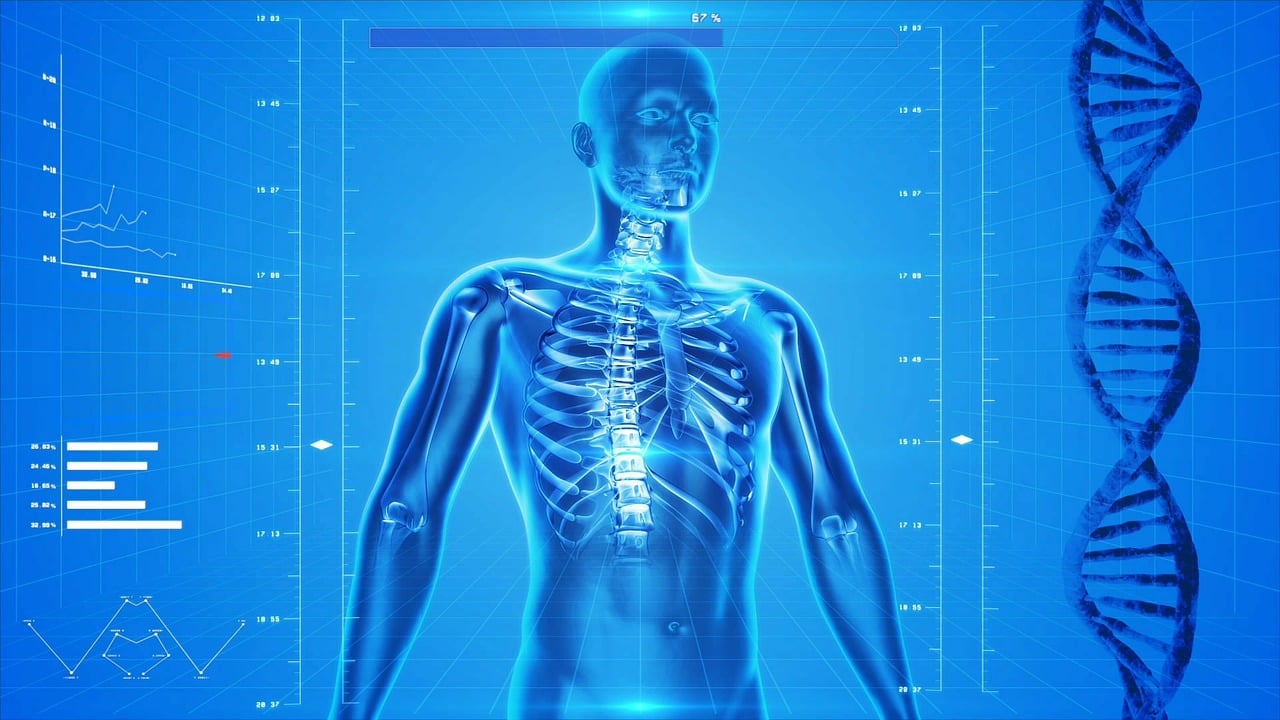Briefly explain what ketosis is and why it’s gaining popularity as a way of improving health and losing weight.
ketosis how long keto symptoms last ?
Ketosis has been gaining popularity in recent years as a means of enhancing health and losing weight. Proponents of the ketogenic diet argue that it can help people lose weight, improve blood sugar control, and reduce inflammation. They also point to research suggesting that a ketogenic diet may improve cognitive function and protect against certain diseases.
ketosis how long keto symptoms last
Despite its growing popularity, ketosis is not without risks and potential side effects. It’s essential to approach ketosis cautiously, and Before making significant dietary or lifestyle changes, speak with a healthcare professional. This post will explore ketosis, how to achieve it, and the potential benefits and risks.

What is Ketosis?
A metabolic state known as ketosis develops when the body switches from using carbohydrates as its primary energy source to using stored fat.
It happens when the body’s carbohydrate stores are depleted through a low-carbohydrate diet, fasting, or intense exercise.
Ketosis differs from other states of metabolism, such as glycolysis and gluconeogenesis. During glycolysis, the body converts glucose (a type of carbohydrate) into energy. Gluconeogenesis, conversely, is the process of producing glucose from non-carbohydrate sources, such as protein and fat.
In contrast, during ketosis, The body converts fat into molecules known as ketones that are used as an energy source. Ketones can be produced from stored body fat or the fat in our food. The liver is the main organ in charge of producing ketones, and it does so in response to low glucose levels in the bloodstream.
Ketones play a crucial role in fueling the body during ketosis. They can cross the blood-brain barrier and provide energy to the brain, which usually relies on glucose. Ketones can also fuel other tissues in the body, such as muscles and organs, during carbohydrate restriction.
ketosis how long keto symptoms last
The body can enter a state of mild ketosis after an overnight fast, but sustained ketosis typically requires a more significant reduction in carbohydrate intake. A typical ketogenic diet limits carbohydrates to around 20-50 grams daily and encourages a high fat and moderate protein intake. It promotes the production of ketones and primarily shifts the body’s metabolism to burn fat for fuel.
Benefits of Ketosis

Ketosis has been associated with a range of potential health benefits, including:
- Weight loss: Because the body is burning stored fat for energy during ketosis, it can lead to significant weight loss. Several studies have found that people following a ketogenic diet tend to lose more weight than those on a low-fat diet.
- Improved energy levels: Some people report increased energy levels when in ketosis. It may be due to the stable blood sugar levels that result from a low-carbohydrate diet and the fact that ketones provide a more efficient energy source than glucose.
- Better blood sugar control: A ketogenic diet has improved insulin sensitivity and blood sugar control, which can benefit people with type 2 diabetes.
- Reduced inflammation: Numerous health issues have been linked to chronic inflammation, from heart disease to Alzheimer’s. Research suggests a ketogenic diet reduces inflammation, offering protective benefits against these conditions.
- Improved cognitive function: Ketones have been shown to have neuroprotective effects and may improve cognitive function, particularly in people with certain neurological conditions such as Alzheimer’s disease and Parkinson’s disease.
A growing body of research supports ketosis’s potential benefits, particularly in weight loss and blood sugar control. While some of the studies are still preliminary, a ketogenic diet may be viable for people looking to improve their health in these areas.
ketosis how long keto symptoms last
Remember that a ketogenic diet is not a one-size-fits-all strategy for weight loss and may not be appropriate for everyone. Those who suffer from specific medical conditions, such as liver or kidney disease, may need to avoid a high-fat diet. Additionally, the long-term effects of a ketogenic diet need to be better understood, and more research is required to appreciate its potential benefits and risks fully.
How to Achieve Ketosis

There are several ways to achieve ketosis, including:
- The ketogenic diet is a low-carbohydrate and high-fat diet that encourages the body to produce ketones. To follow a ketogenic diet, limit your carbohydrate intake to 20-50 grams daily and increase your fat intake to about 70-75% of your total calories.
- Intermittent fasting: This involves cycling between periods of eating and periods of fasting. During the fasting period, the body depletes its carbohydrate stores and begins to produce ketones.
- Exercise: Intense exercise can deplete the body’s carbohydrate stores and trigger ketosis. It is particularly true of activities that use much energy, such as weightlifting or high-intensity interval training (HIIT).
Getting started with a ketogenic diet can be challenging, particularly if you’re used to a high-carbohydrate diet. Some tips are making the transition to a ketogenic diet include:
- Gradually reduce your carbohydrate intake over several days or weeks
- Focus on incorporating healthy sources of fat into your diet, such as avocados, nuts, and fatty fish
- Experiment with different recipes to find low-carbohydrate, high-fat meals that you enjoy
- Monitor your protein intake, as too much protein can prevent ketosis from occurring
Testing can be necessary to monitor ketone levels and ensure you’re in ketosis. There are several methods for testing ketones, including blood, breath, and urine tests. Blood tests tend to be the most accurate, but they can be expensive and require a finger prick. Urine tests are less costly but can be less accurate, particularly after the first few weeks of a ketogenic diet. Breath tests offer a non-invasive option for testing ketones but can also be less accurate than blood tests.
It’s important to note that achieving ketosis is unnecessary for everyone and may not be appropriate for specific individuals. If you’re considering a ketogenic diet or other methods for attaining ketosis, you must talk to a healthcare professional to determine if it’s safe and appropriate.
Potential Risks and Side Effects of Ketosis

While ketosis can offer potential health benefits, there are also some risks and side effects to consider.
Risks and side effects that are most frequently experienced include:
- “Some people who begin a ketogenic diet may experience several symptoms collectively known as “the keto flu.
- Symptoms may include headaches, fatigue, nausea, and irritability.
- Dehydration: Because a ketogenic diet tends to be low in carbohydrates, it can be easy to become dehydrated. It is because carbohydrates help the body to retain water. When carbohydrate intake is restricted, the body excretes more water, leading to dehydration.
- Nutrient deficiencies: A ketogenic diet can be low in specific nutrients, particularly if you need to be more careful to eat various foods. For example, some people on a ketogenic diet may be at risk for deficiencies in vitamins C and D and certain minerals like magnesium and potassium.
However, To mitigate these risks and side effects, there are several strategies you can try:
- Gradual transition: Rather than gradually diverging into a ketogenic diet, consider progressively reducing your carbohydrate intake over several days or weeks. It can help to reduce the severity of the “keto flu” symptoms.
- Stay hydrated: Keep hydrated by consuming lots of water and other liquids, particularly during the first few weeks of a ketogenic diet.
- Choose nutrient-dense foods: Focus on incorporating a variety of whole, nutrient-dense foods into your diet. It can help ensure you get all the vitamins and minerals you need.
- Supplement as needed: Consider taking supplements to address any nutrient deficiencies you may be at risk for. That can include a multivitamin and accessories for nutrients like magnesium or potassium.
Remembering that a ketogenic diet is not appropriate for everyone is also essential. You may need to avoid a ketogenic diet if you have certain medical conditions, such as liver or kidney disease, or if you’re pregnant or breastfeeding. Additionally, talking to It is imperative to consult a healthcare professional before making significant changes to your diet or exercise routine.

ketosis how long keto symptoms last
Conclusion
Ketosis is a metabolic state in which the body burns fat for fuel instead of carbohydrates. While it can offer potential health benefits, it’s essential to be aware of the potential risks and side effects, including the “keto flu,” dehydration, and nutrient deficiencies.
Despite these potential risks, a growing body of research supports ketosis’s benefits, including weight loss, improved energy levels, and better blood sugar control. Additionally, ketosis may have other health benefits, such as reducing inflammation and improving cognitive function.
If you’re interested in trying a ketogenic diet or another ketosis-inducing program, you must research and consult a healthcare professional first. A healthcare professional can help you determine whether a ketogenic diet is appropriate based on your health status and medical history.
In summary, ketosis is a metabolic state that can offer potential health benefits, but it’s essential to be aware of the potential risks and side effects. With the proper guidance and support, however, a ketogenic diet may be a safe and effective way to improve your health and achieve your weight loss goals.

